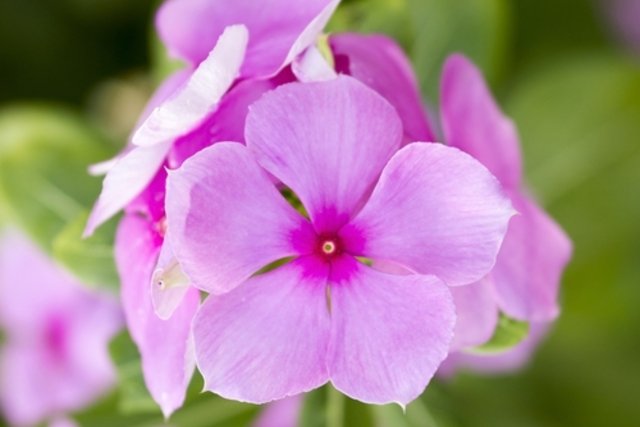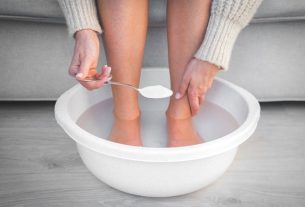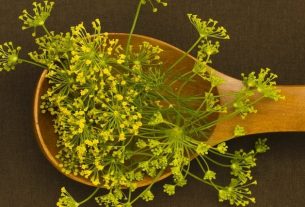Vinca is a medicinal plant of the species Catharanthus roseus or Vinca roseaalso known as the Boa-Noite plant or Madagascar vinca, indicated to help treat wounds, diabetes or high blood pressure, as it is rich in alkaloids that give it healing, diuretic and antidiabetic properties.
Furthermore, vinca alkaloids have anti-cancer action, being widely used in industry for the production of chemotherapy drugs for the treatment of some types of cancer, such as leukemia, Hodgkin’s lymphoma or Kaposi’s sarcoma, for example.
Vinca should only be used under the guidance of a doctor or herbalist, as it has toxic effects such as reducing the body’s defense cells and platelets, increasing the risk of infection or bleeding.

What is it for
Vinca is indicated to help in the treatment of:
- Diabetes;
- High pressure;
- Swelling;
- Wound healing;
- Skin infection;
- Bug bite.
Furthermore, vinca is indicated for the treatment of some types of cancer, due to its anti-cancer properties, and in this case it should only be used in the form of laboratory-produced medicines, such as vincristine, vinblastine or vindesine, used in hospitals. with an oncologist’s recommendation.
Although it has health benefits, vinca does not replace medical treatment and should only be used under the guidance of a doctor or herbalist, mainly because it is a toxic plant.
How to use
The normally used parts of vinca are the flowers or leaves. However, as it is a toxic plant, doses depend on some factors such as age and health status.
Therefore, its use should only be done under the guidance of a doctor or a professional with experience in medicinal plants, with individualized doses.
Possible side effects
The most common side effects that may occur during treatment with vinca are skin redness, a marked decrease in blood pressure, nausea, vomiting, hair loss, hearing loss, dizziness, nerve problems, liver toxicity or seizures.
Furthermore, vinca can lead to a decrease in white blood cells and blood platelets, and increase the risk of infections or bleeding.
Who shouldn’t use
Vinca should not be used by pregnant women as it may cause miscarriage or fetal defects. This plant should also not be used while breastfeeding or by children.
Vinca should also be avoided by people using antidiabetic medications, as it can cause a sudden drop in blood sugar and lead to the appearance of symptoms of hypoglycemia such as excessive sweating, nervousness, agitation, tremors, mental confusion, palpitations or fainting.
It is important to emphasize that the use of vinca should only be done after advice from a doctor or herbalist.
Bibliography
- MALLIK, J.; et al. Pharmacologycal profile of Catharanthus roseus (Apocynaceae) – a detailed review. Asian Journal of Pharmaceutical Research and Development. 1. 3; 1-6, 2013
- MOUDI, M.; et al. Vinca Alkaloids. Int J Prev Med. 4. 11; 1231–1235, 2013
- LOH, K. Know the Medicinal Herb: Catharanthus roseus (Vinca rosea). Malays Fam Physician. 3. 2; 123, 2008
- NAYAK, BS; et al. Catharanthus roseus flower extract has wound-healing activity in Sprague Dawley rats. BMC Complementary and Alternative Medicine. 6. 41; 1-6, 2006

Sign up for our newsletter and stay up to date with exclusive news
that can transform your routine!
Warning: Undefined array key "title" in /home/storelat/public_html/wp-content/plugins/link-whisper-premium/templates/frontend/related-posts.php on line 12
Warning: Undefined array key "title_tag" in /home/storelat/public_html/wp-content/plugins/link-whisper-premium/templates/frontend/related-posts.php on line 13



